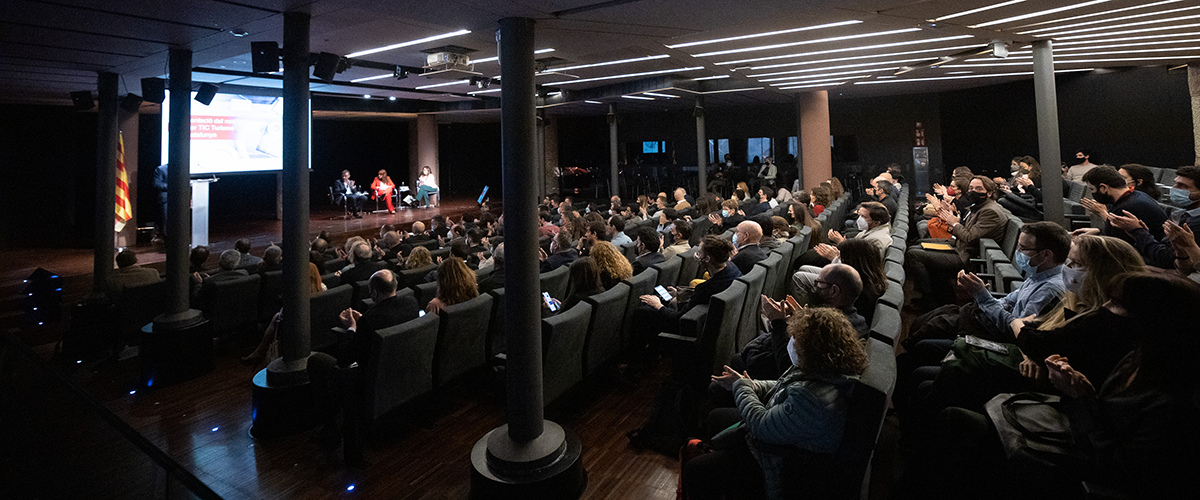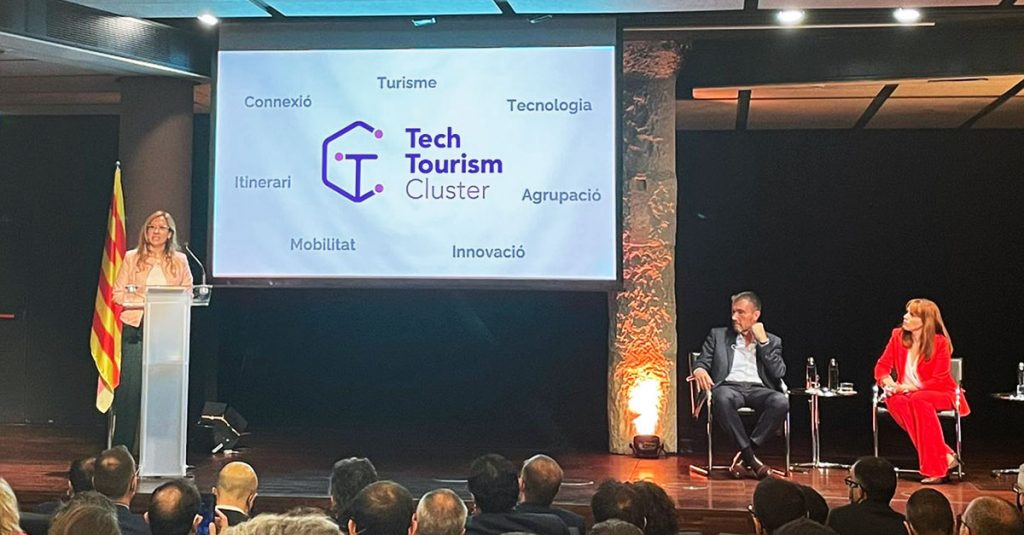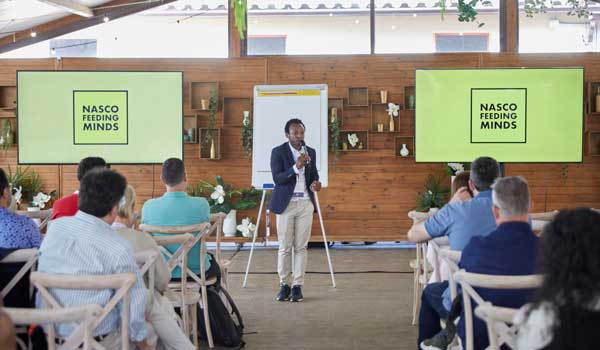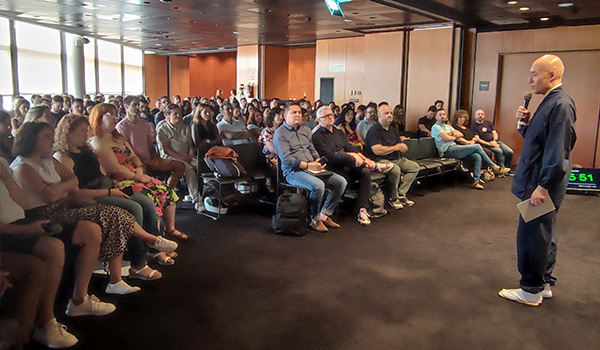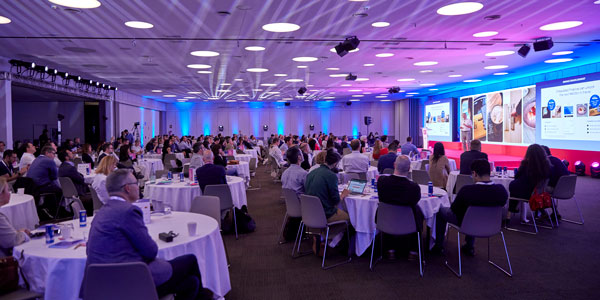Voxel and 24 other companies are co-founders of the first Cluster of Catalonia dedicated exclusively to technology applied to the travel sector.
After three years of preliminary work, the Tech Tourism Cluster of Catalonia is finally here. The organization promoted by the regional government of Catalonia through ACCIÓN is comprised of 24 companies, technology centers, universities and agents. In total, the cluster of member companies and agents provides jobs for 1,700 people in the travel and ITC application sector and its turnover is 254 million euros.
Who makes up the Tech Tourism Cluster?
The founding members of the Cluster are companies engaged in travel technology, consulting, reservations management and connectivity, electronic invoicing or management software for stores, among others.
The members of the new cluster are: Prestige, The Hotels Network, Voxel, Beroni Informatica, Amadeus, Vueling, CETT (Barcelona School of Tourism, Hospitality and Gastronomy of UB), Gremi Hotels de Barcelona, CoE in Tourism Innovation of Eurecat, GNA Hotel Solutions, SIRT, IQS (Institut Químic de Sarrià), Catalonia Hotels, The Net Revenue, Sekuenz, Efimatica, Persapia, James & Rita, Tourknife, Engisoft, Vivential Value, eMascaró, Diskover Catalonia and Viajes para ti.
What are the objectives of the Tech Tourism Cluster?
The objectives of the Cluster are to improve the competitiveness of companies in the travel and technology sector and promote internationalization. Also an objective of the Cluster is recruiting talent and accelerating the incorporation of new technologies. Consequently, its aim is to turn Catalonia into a benchmark in travel technology.
For Voxel, which is also a member of the Cluster board, this is an opportunity for establishing and strengthening new synergies. Also, to build a stronger network of companies in the sector with international outreach.
What is the working plan of the Tech Tourism Cluster?
Since 2019 the sector has been analyzed to understand its value chain, identify the actors and determine its main strategic challenges.
One of the most important challenges is to generate shared value by establishing a pilot program to help companies in the sector develop strategies for creating economic, social and environmental value.
Once the Cluster is established and introduced, the next few months will be spent working on tasks to connect members and generate new initiatives. As an example, one of these actions is to develop a Cluster internationalization plan that includes connections with other business groups or group participation in the London World Travel Market, which is the leading trade fair of the European travel sector.



